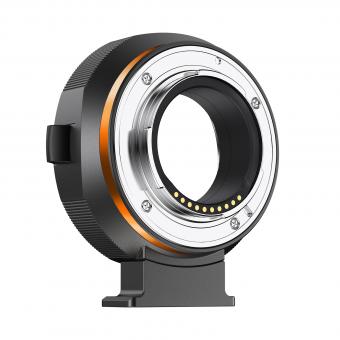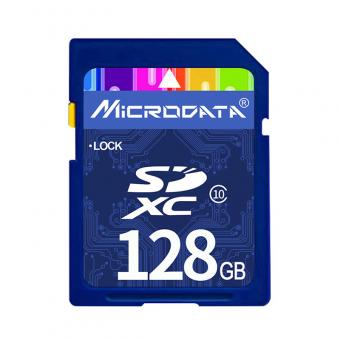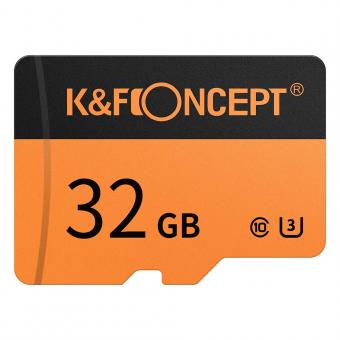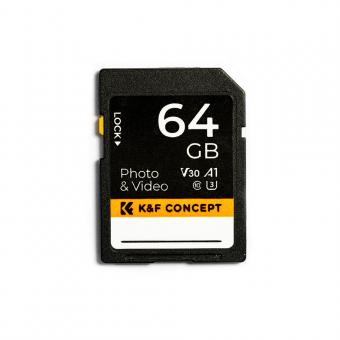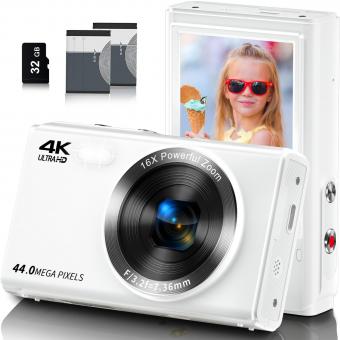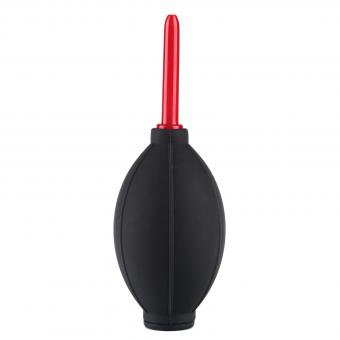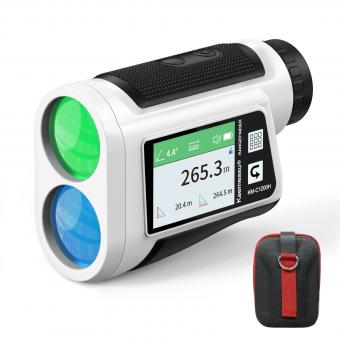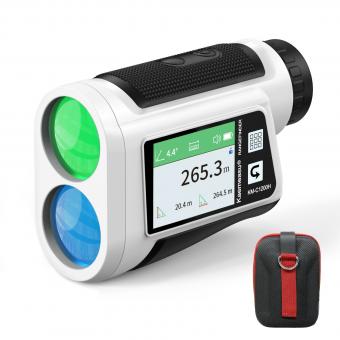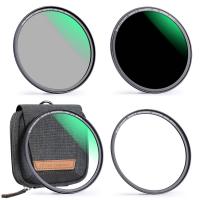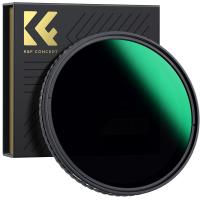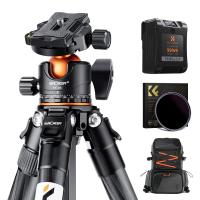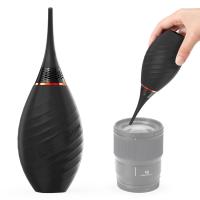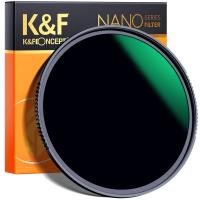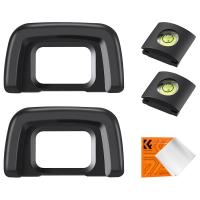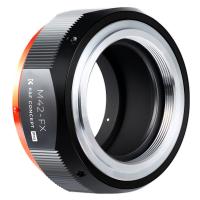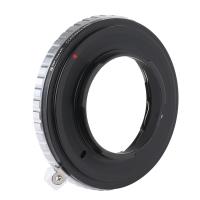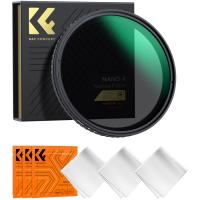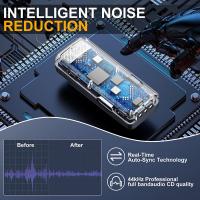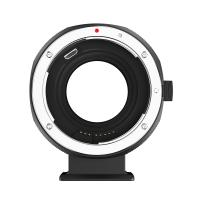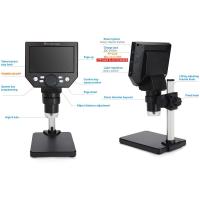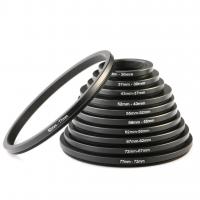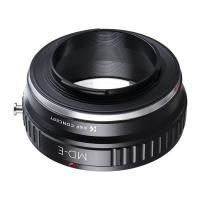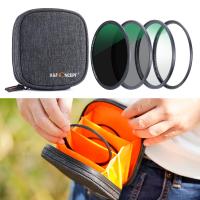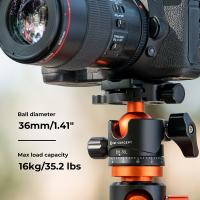Are New Digital Speed Cameras Accurate ?
Yes, new digital speed cameras are generally accurate. They use advanced technology to measure the speed of vehicles and are regularly calibrated to ensure their accuracy. However, like any technology, there is always a possibility of error or malfunction. It is important for authorities to regularly maintain and test the cameras to ensure their accuracy and reliability. Additionally, drivers should always obey posted speed limits to avoid receiving a ticket from a speed camera.
1、 Technology behind digital speed cameras
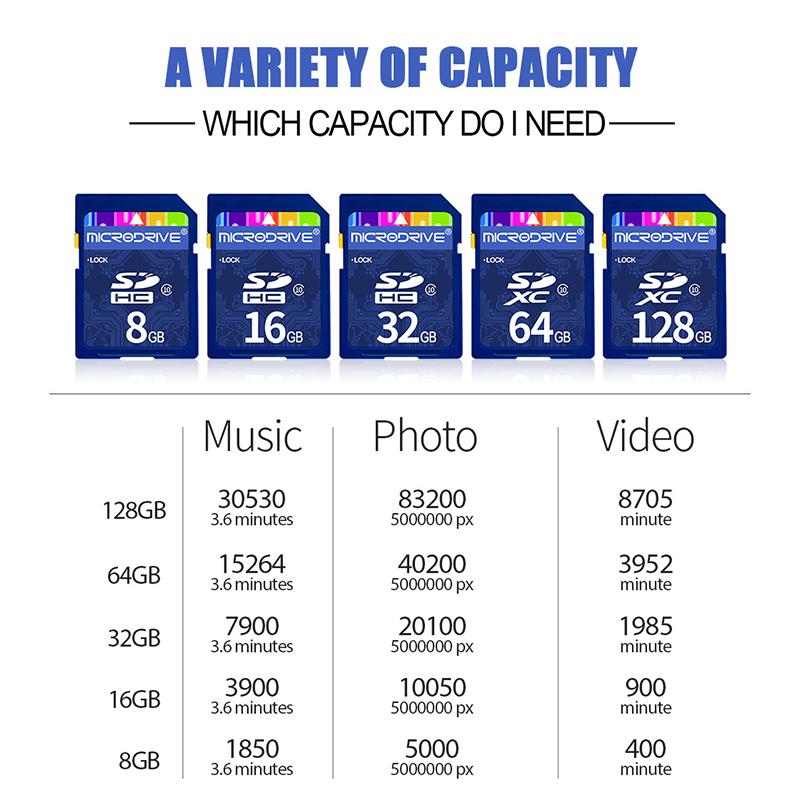
Technology behind digital speed cameras is highly advanced and accurate. These cameras use a combination of radar and laser technology to accurately measure the speed of a vehicle. The radar technology sends out a signal that bounces off the vehicle and returns to the camera, allowing it to calculate the speed of the vehicle. The laser technology works in a similar way, but uses a beam of light instead of a radar signal.
Digital speed cameras are also equipped with advanced software that can detect and track multiple vehicles at once, ensuring that the speed of each vehicle is accurately measured. The cameras are also designed to capture clear images of the vehicle, including the license plate, which can be used to identify the driver and issue a ticket.
In recent years, there has been some debate about the accuracy of digital speed cameras. However, studies have shown that these cameras are highly accurate and reliable. In fact, many experts believe that digital speed cameras are more accurate than traditional radar guns, which can be affected by factors such as weather conditions and the angle of the radar beam.
Overall, the technology behind digital speed cameras is highly advanced and accurate. While there may be some debate about their use, there is no denying that these cameras play an important role in promoting road safety and reducing speeding on our roads.
2、 Calibration and maintenance of digital speed cameras

Calibration and maintenance of digital speed cameras are crucial to ensure their accuracy. These cameras use advanced technology to capture images of vehicles and calculate their speed. However, like any other electronic device, they can experience errors and malfunctions if not calibrated and maintained properly.
The calibration process involves adjusting the camera's settings to ensure that it captures accurate images and calculates speed correctly. This process is typically done by trained technicians who use specialized equipment to test the camera's accuracy. Regular maintenance is also necessary to ensure that the camera is functioning correctly and to identify any potential issues before they become a problem.
In recent years, there have been concerns about the accuracy of digital speed cameras. Some studies have suggested that these cameras may not be as accurate as previously thought, particularly in situations where there are multiple vehicles in the frame or when the camera is positioned at an angle. However, many experts argue that these concerns are overblown and that digital speed cameras remain a reliable tool for enforcing speed limits and improving road safety.
Overall, the accuracy of digital speed cameras depends on proper calibration and maintenance. As long as these cameras are regularly checked and adjusted, they can be an effective tool for promoting safe driving habits and reducing the number of accidents on our roads.
3、 Accuracy of digital speed cameras in ideal conditions

Accuracy of digital speed cameras in ideal conditions is generally considered to be very high. These cameras use advanced technology to capture images of vehicles and calculate their speed with great precision. They are designed to work in a wide range of weather and lighting conditions, and are calibrated regularly to ensure that they are functioning correctly.
However, it is important to note that no technology is perfect, and there are some factors that can affect the accuracy of digital speed cameras. For example, if a camera is not positioned correctly or is obstructed by other objects, it may not be able to capture accurate images of vehicles. Similarly, if a camera is not calibrated properly, it may produce inaccurate readings.
In recent years, there has been some debate about the accuracy of digital speed cameras, particularly in relation to the use of average speed cameras on motorways. Some critics have argued that these cameras are not effective at reducing speeding, and that they can be inaccurate in certain situations.
Despite these concerns, most experts agree that digital speed cameras are generally accurate and effective at reducing speeding. They are an important tool for law enforcement agencies and can help to improve road safety by encouraging drivers to slow down and obey speed limits.
4、 Factors that may affect the accuracy of digital speed cameras

Factors that may affect the accuracy of digital speed cameras include weather conditions, camera calibration, and the positioning of the camera. Inaccurate readings can occur if the camera is not calibrated correctly or if it is placed in an area where it is difficult to capture an accurate image of the vehicle. Additionally, weather conditions such as heavy rain or fog can affect the accuracy of the camera's readings.
However, it is important to note that digital speed cameras are generally considered to be highly accurate. They use advanced technology to capture images of vehicles and calculate their speed, and they are regularly calibrated to ensure that they are functioning correctly. In fact, many studies have shown that digital speed cameras are more accurate than traditional radar guns.
The latest point of view on the accuracy of digital speed cameras is that they are an effective tool for reducing speeding and improving road safety. In many countries, digital speed cameras have been shown to reduce the number of accidents and fatalities on the roads. However, there is still some controversy surrounding the use of speed cameras, with some critics arguing that they are simply a way for governments to generate revenue. Despite this, the evidence suggests that digital speed cameras are an important tool for improving road safety and reducing the number of accidents on our roads.

